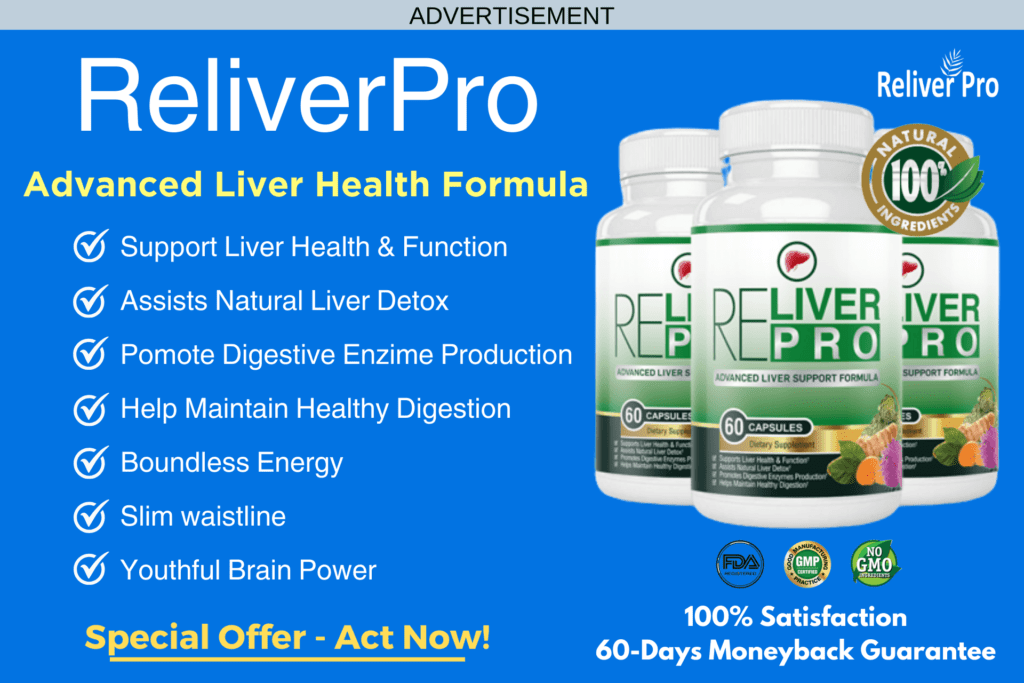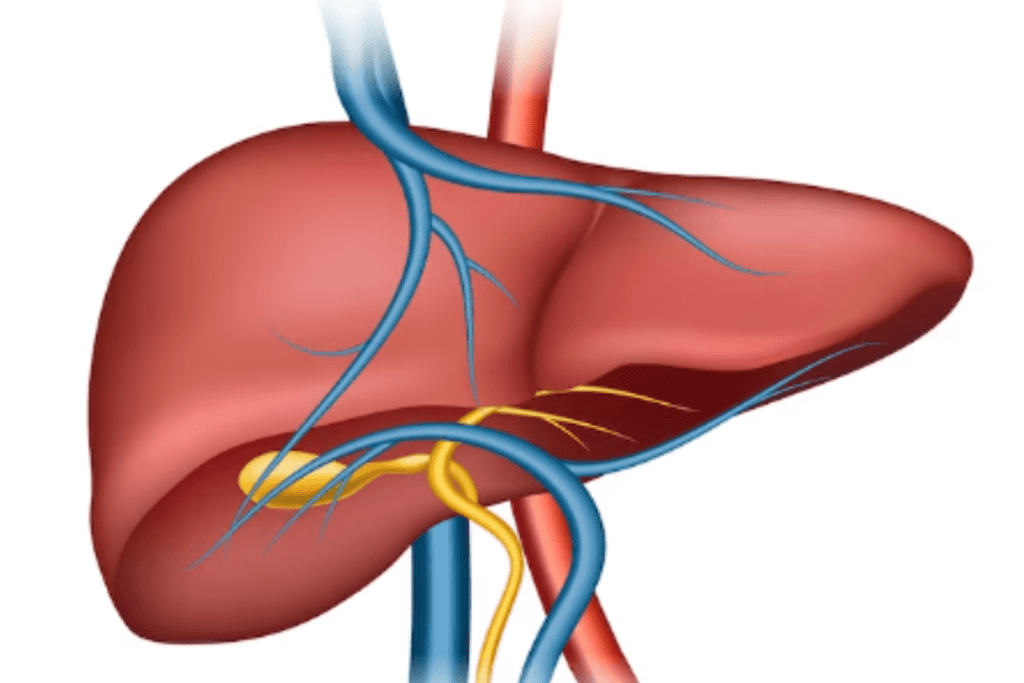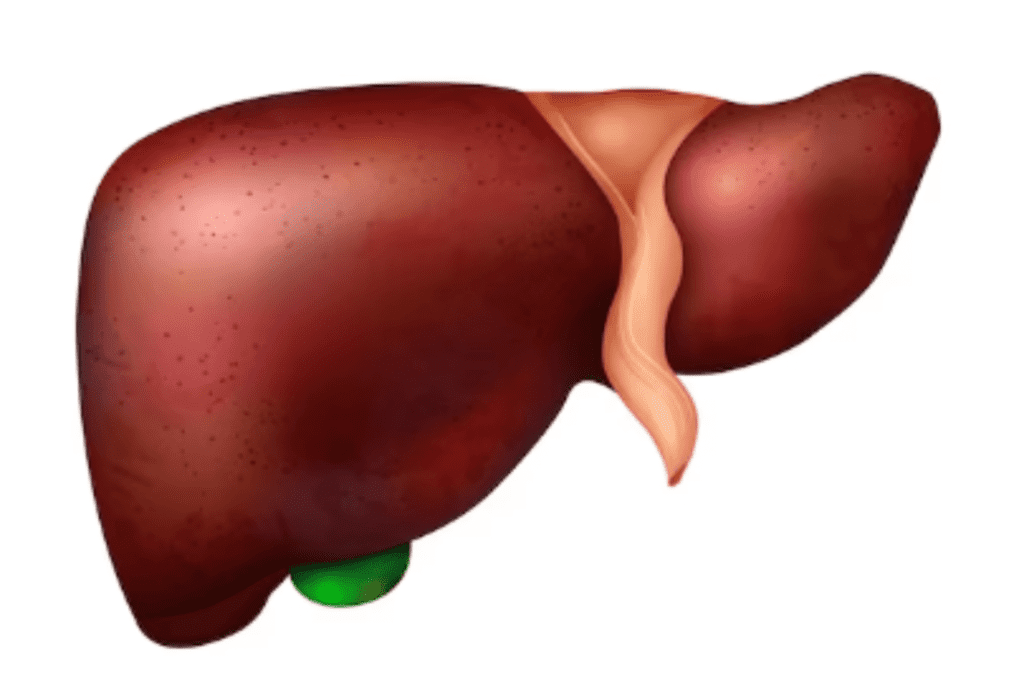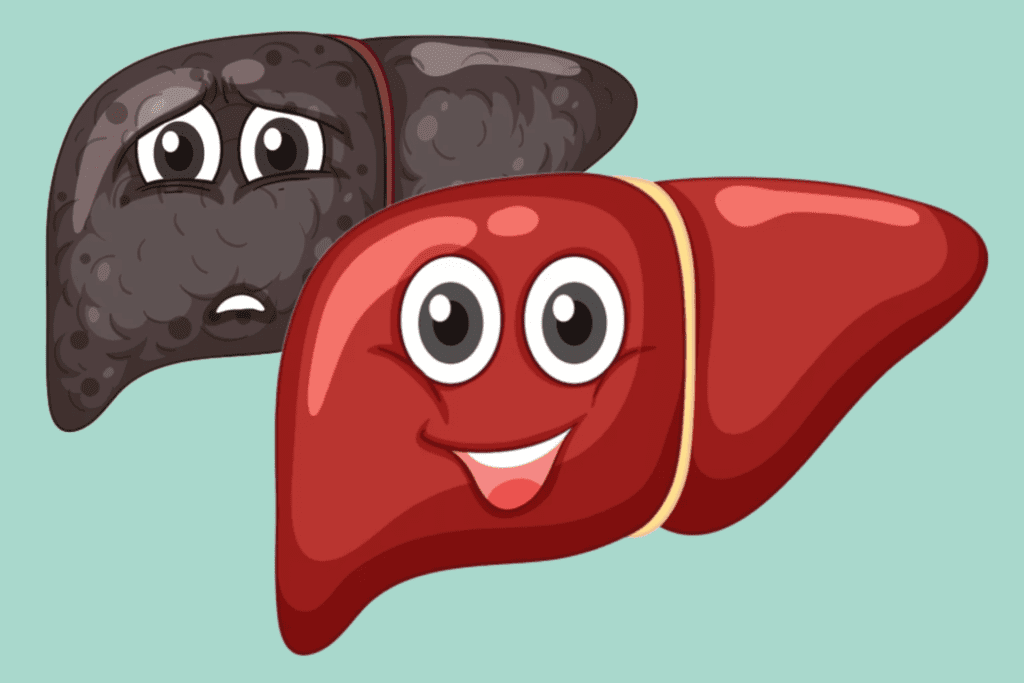We sometimes add products that we believe may be beneficial to our readers. We may receive a small commission if you purchase using the links on this page. Read our affiliate disclaimer
Liver Health: Maintaining a healthy liver is crucial for overall well-being and is key to preventing various liver diseases that can have serious consequences for our health. The liver is a vital organ responsible for detoxification, metabolism, and numerous essential bodily functions. By adopting a combination of lifestyle choices, dietary habits, and awareness of potential risks, we can actively support our liver’s health. In this comprehensive guide, we explore a range of strategies to keep the liver in optimal condition. From adopting a balanced diet and staying hydrated to practicing safe habits and avoiding harmful substances, these practical tips empower us to prioritize liver health and safeguard our overall wellness.
Here are 20 tips for maintaining a healthy liver.

1. Maintain a Balanced Diet
A balanced diet rich in nutrients is vital for liver health. Fruits and vegetables are not only packed with antioxidants and fiber but also contain essential vitamins and minerals that aid liver function. Additionally, whole grains like oats, quinoa, and brown rice provide sustained energy and help prevent insulin spikes that could contribute to fatty liver disease. Opt for lean proteins such as fish, chicken, tofu, or legumes, as they are easier for the liver to metabolize than fatty meats. Healthy fats found in avocados, nuts, seeds, and olive oil support the liver’s cell structure and help reduce inflammation.
2. Stay Hydrated
Proper hydration is essential for liver health as it ensures efficient toxin elimination through urine and supports overall body functions. Water also helps maintain adequate blood volume, improving circulation to the liver for optimal function. To enhance hydration, consider consuming herbal teas, fresh fruit-infused water, or coconut water, which also provides electrolytes and natural hydration.
3. Limit Alcohol Consumption
The liver is responsible for breaking down alcohol, but excessive or chronic alcohol consumption can lead to liver damage and conditions like alcoholic liver disease, cirrhosis, or even liver cancer. The recommended moderate alcohol consumption is defined as up to one drink per day for women and up to two drinks per day for men. For individuals with liver disease or those at risk, it’s best to avoid alcohol altogether.
4. Exercise Regularly
Engaging in regular physical activity not only helps with weight management but also enhances insulin sensitivity, reducing the risk of fatty liver disease and metabolic syndrome. Exercise also promotes blood circulation, aiding the liver in detoxifying the bloodstream. Find activities you enjoy, such as walking, cycling, dancing, or swimming, and aim for a mix of cardiovascular and strength training exercises for overall health benefits.

5. Maintain a Healthy Weight

Obesity and excess body fat can lead to non-alcoholic fatty liver disease (NAFLD). Adopting a balanced diet and staying physically active can help you achieve and maintain a healthy weight, reducing the risk of liver-related issues. Remember, gradual and sustainable weight loss is more effective and safer than crash diets.
6. Avoid Smoking and Illicit Drugs
Smoking introduces harmful toxins into the body, increasing oxidative stress and inflammation in the liver. Quitting smoking promotes better liver health and overall well-being. Illicit drugs, particularly those administered intravenously, can lead to infections like hepatitis B and C, causing serious liver damage. Seek professional help if you struggle with drug addiction.
7. Practice Safe Sex
Unprotected sexual activity can lead to the transmission of viral hepatitis (hepatitis B and C). Using condoms and knowing your partner’s health status is essential for preventing infections. Consider getting tested for hepatitis if you are sexually active or are at risk due to multiple partners or other risk factors.
8. Get Vaccinated
Vaccinations for hepatitis A and B are crucial for preventing these viral infections, particularly if you are at higher risk due to travel or specific occupational exposure. It is essential to consult your healthcare provider to verify that your vaccinations are up-to-date.
9. Be Cautious With Medications
Certain medications, including pain relievers, antibiotics, and cholesterol-lowering drugs, can have adverse effects on the liver. Follow prescribed dosages, avoid combining multiple medications without medical advice, and inform your healthcare provider of any existing liver conditions.
10. Limit Exposure to Toxins
Environmental pollutants and toxic chemicals can harm the liver. Take measures to reduce exposure by using natural cleaning products, avoiding aerosols, and ensuring proper ventilation in living and working spaces.
11. Avoid Excessive Herbal Supplements
While some herbal supplements are beneficial, others may interact with medications or have harmful effects on the liver. Always consult a qualified healthcare professional before taking any herbal supplements, especially if you have existing liver issues.
12. Practice Good Hygiene

Frequent handwashing and maintaining good hygiene can prevent the spread of infections, including viral hepatitis, and protect liver health.
13. Get Regular Health Check-ups
Regular visits to your healthcare provider enable early detection of liver problems, allowing for timely intervention and reducing the risk of complications. Routine blood tests can assess liver enzymes and liver function.
14. Manage Chronic Conditions
Conditions like diabetes, high blood pressure, and high cholesterol can impact liver health. Effective management through medication, lifestyle changes, and regular monitoring is essential for protecting your liver.
15. Avoid Sharing Personal Items
Sharing personal items that may have traces of blood, such as razors or toothbrushes, can potentially spread infections like hepatitis B and C. Avoiding the sharing of such items minimizes the risk of transmission.
16. Limit Processed Foods
Processed foods often contain high amounts of unhealthy fats, sodium, and additives that can burden the liver. Minimize the consumption of packaged and processed foods, and focus on whole, natural, and fresh food choices.
17. Consume Liver-Friendly Foods
Some foods are particularly beneficial for liver health. Incorporate foods like garlic, onions, cruciferous vegetables (broccoli, cauliflower, Brussels sprouts), turmeric, and artichokes into your diet, as they contain compounds that support liver function and detoxification.
18. Manage Stress
Chronic stress can impact liver health, contributing to inflammation and impaired liver function. Integrate stress-reducing activities into your daily routine, such as practicing meditation, engaging in yoga, doing deep breathing exercises, or spending time amidst nature.
19. Practice Safe Needle Use and Tattooing
Contaminated needles and unsafe tattooing practices can transmit hepatitis viruses. Ensure that tattoo parlors and medical facilities follow proper hygiene and sterilization protocols.
20. Stay Informed About Medication Side Effects
Be aware of potential liver-related side effects of medications you are taking. If you experience any symptoms of drug-induced liver injury, seek medical attention promptly.
Conclusion
In conclusion, prioritizing liver health through a combination of mindful lifestyle choices can significantly impact overall well-being and reduce the risk of liver diseases. By adopting a balanced diet rich in nutrients, limiting alcohol consumption, exercising regularly, and practicing safe habits, we empower our liver to function efficiently and effectively. Moreover, being cautious with medications, herbal supplements, and environmental toxins, as well as maintaining good hygiene and regular health check-ups, further supports liver health. Through these proactive measures, we can cherish the benefits of a healthy liver, ensuring longevity and vitality for a fulfilling and healthy life. Always consult with healthcare professionals for personalized guidance and to address specific liver health concerns.
Read Next: What Is Liver Detox? How To Do It Safely
Resources
Image Designed by Freepik
References
https://newsinhealth.nih.gov/2014/03/your-liver-delivers
https://www.ncbi.nlm.nih.gov/pmc/articles/PMC4499388/
https://www.niddk.nih.gov/health-information/liver-disease/nafld-nash/eating-diet-nutrition
https://www.ncbi.nlm.nih.gov/pmc/articles/PMC4588084/
https://www.ncbi.nlm.nih.gov/pmc/articles/PMC6422711/




